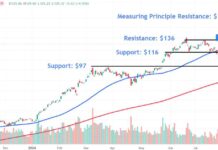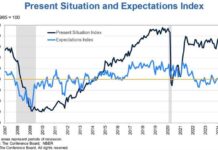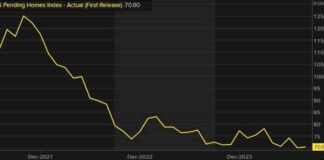Understanding the Financial Behavior of Baby Boomers: Exploring Their Frugal Habits
The baby boomer generation, born between 1946 and 1964, has often been characterized as one of the luckiest in history. This cohort of individuals, totaling 270 million across the affluent world, has not experienced the same level of hardships as previous generations. They have witnessed significant historical events, such as the rise of the Beatles and strong economic growth, which have shaped their financial behavior in unique ways.
Wealth Accumulation and Economic Status of Baby Boomers
Despite not all baby boomers being affluent, as a group, they have accumulated substantial wealth over the years. Factors such as falling interest rates, limited housebuilding, and robust earnings have contributed to their financial success. In the United States, for example, baby boomers, comprising 20% of the population, own a staggering 52% of the country’s net wealth, amounting to a whopping $76 trillion. This accumulation of wealth has positioned baby boomers as a financially influential demographic group, impacting various aspects of the economy.
The Frugality of Baby Boomers: Why Are They So Stingy?
One interesting aspect of baby boomers’ financial behavior is their reputation for being frugal. Despite their significant wealth, many baby boomers exhibit cautious spending habits and a reluctance to splurge on luxury items. This behavior can be attributed to a variety of factors, including their upbringing during times of economic prosperity and the values instilled in them by their parents, who often experienced financial hardships.
Moreover, the baby boomer generation has witnessed economic downturns and market crashes, such as the 2008 financial crisis, which have made them more cautious when it comes to managing their financial resources. As they approach retirement age, many baby boomers are focused on ensuring financial security for their later years, which may contribute to their frugal tendencies.
Factors Influencing Baby Boomers’ Financial Behavior
Several factors play a role in shaping the financial behavior of baby boomers. One significant influence is the impact of technology on their spending habits. Baby boomers have had to adapt to a rapidly changing technological landscape, which has influenced how they engage with financial services and make purchasing decisions. This shift towards digital transactions and online shopping has altered the way baby boomers manage their finances and allocate their resources.
Additionally, changing societal norms and expectations have influenced the financial priorities of baby boomers. As they navigate retirement and aging, many baby boomers are reevaluating their financial goals and priorities, focusing on long-term financial stability and legacy planning. This shift towards a more conservative approach to finances may explain their frugal behavior and reluctance to engage in excessive spending.
Furthermore, the impact of economic factors, such as inflation and market volatility, cannot be overlooked when examining the financial behavior of baby boomers. These external forces can significantly influence their financial decisions and investment strategies, prompting them to adopt a more cautious approach to managing their wealth.
In conclusion, the financial behavior of baby boomers is complex and multifaceted, influenced by a combination of historical events, societal trends, and economic factors. While they may be perceived as frugal, their financial habits are rooted in a desire for financial security and stability as they navigate retirement and plan for the future. Understanding the motivations behind their frugal behavior can provide valuable insights into the financial priorities and challenges facing this influential demographic group.

















